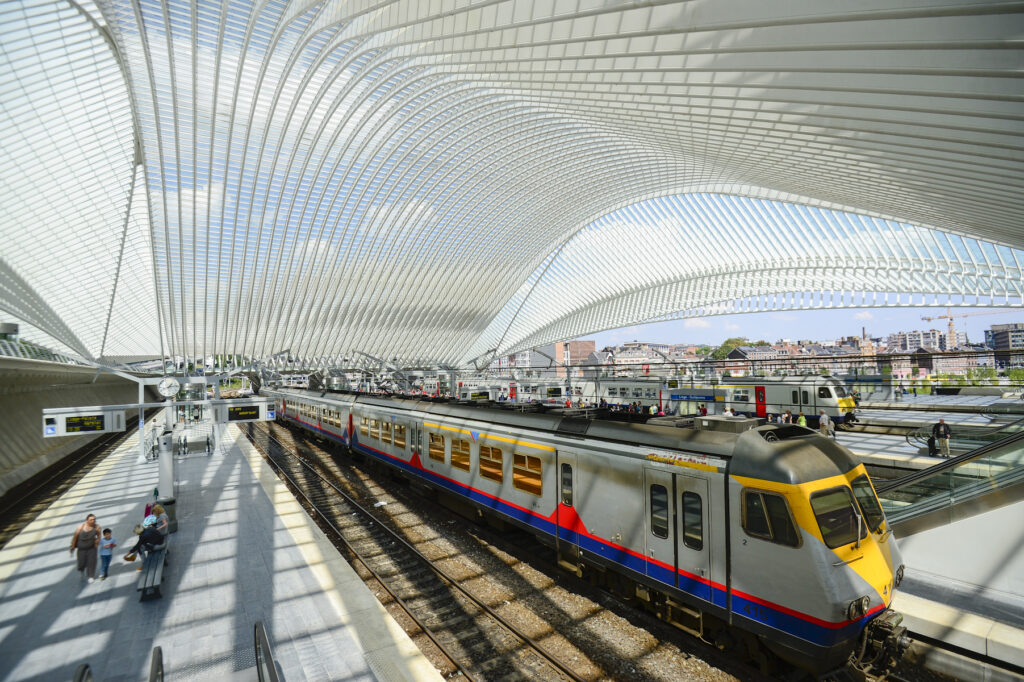The "three-country train" first envisaged years ago will finally start running between Liège, Maastricht and Aachen in June, more than half a year later than expected.
The long-heralded direct route between the Belgian, Dutch and German cities – Arriva's Regional-Express 18, nicknamed LIMAX – will operate from 9 June, Vivianne Heijnen, the Dutch Secretary of State for Infrastructure, confirmed.
The Maastricht-Aachen section already went into service in early 2019, but Belgium could not be served at that time because the Arriva trains had to be equipped with the European safety system ETCS required by Belgium, which monitors that the maximum speed and maximum distance are not exceeded.
The service was expected to start in December 2023, but was then brought back to the first half of 2024, due to "unforeseen technical challenges". The final stumbling blocks have now been resolved, and all trainsets have been equipped with the security system, as has Belgian Line 40 (Maastricht-Liège) over which the train will travel. This means the train can continue to Liège from 9 June.
Linking connections
Within the Liège-Maastricht-Aachen area, a large number of people travel across the border to move between the cities for leisure, education or work daily.
A train already runs between Liège and Maastricht once an hour, while a train travels between Maastricht and Germany twice an hour, but the introduction of the LIMAX service will link these two connections so that a transfer at Maastricht for passengers travelling the entire journey will be a thing of the past, facilitating travelling across borders by train.
The entire Liège-Aachen route will probably take just under an hour and a half. The local train S43 operated by the national railway company SNCB will disappear between Maastricht and Liège due to the introduction of Arriva's three-country train, but SNCB's railroad personnel will remain responsible for the Belgian part of the route.
By adding this connection, all cities are also more easily connected to other cities from which passengers can board a high-speed train to popular destinations such as Cologne, Frankfurt, Berlin, Brussels, London and Paris. It is hoped this will further help make rail more attractive as an alternative to short-haul flights.

